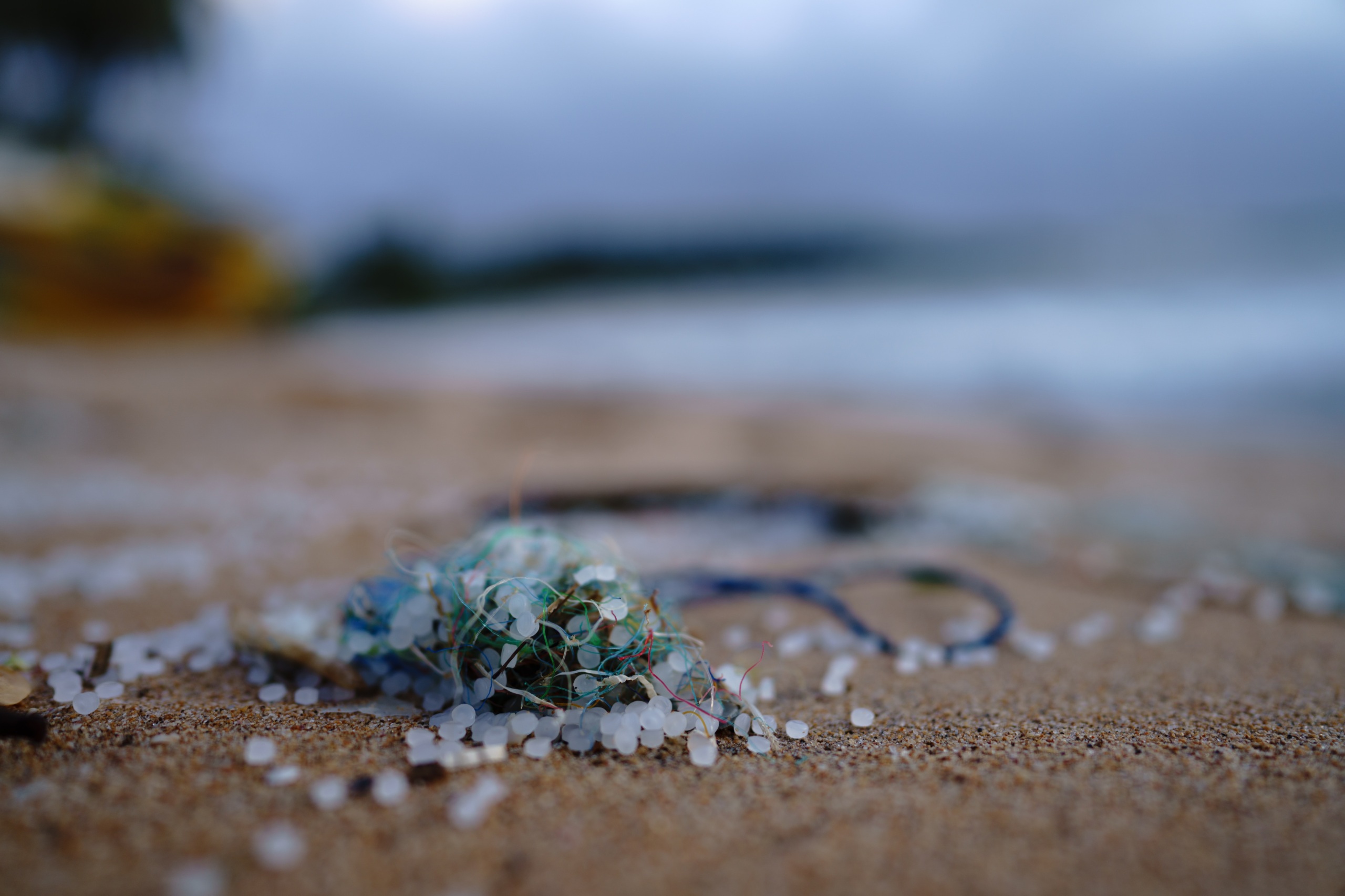
Tell your U.S. senators: Support the Plastic Pellet Free Waters Act
Colorado has a chance to eliminate dangerous “forever chemicals” from many products sold in the state. Our legislators should pass SB24-081.
Take Action
No one is looking to buy something with dangerous chemicals in it, especially when those dangerous chemicals will stick around in our environment forever.
But that’s the problem with PFAS – they are forever chemicals.
PFAS have a very technical name – per- and polyfluoroalkyl substances.
They are a group of “forever chemicals,” earning that name because they are nearly indestructible toxins that can cause major health problems in humans.
They are human-made chemicals that are used in products because of their oil- and water- repelling capabilities, heat resistance, and friction-reduction qualities. Due to their attractive manufacturing capabilities, PFAS are now found in many common products and sources from firefighting foam to everyday household items like clothing, non-stick pans and electronics.
We can be exposed to PFAS by eating contaminated food, drinking contaminated water, or touching products containing PFAS, such as clothes or rugs.
Our food can become contaminated from PFAS added to its packaging and water can be affected by toxic runoff from fire training sites, landfills, or wastewater treatment plants.
These damaging chemicals build up in the bodies of humans over time and are harmful at low concentrations, causing major health problems. In addition to kidney cancer, thyroid disruption, and reduced responses to vaccination, PFAS may also cause reproductive problems and developmental effects in children.
In fact, studies have shown that 98 percent of humans in the US have some amount of PFAS in our bodies.
Unfortunately, despite these health effects, the production of PFAS still continues, polluting drinking water, food sources, and soil.
For years, PFAS-containing firefighting foam would seep into nearby rivers and waterways, contaminating drinking water sources. In 2022, the U.S. Department of Defense identified at least 700 U.S. military bases with known or potential PFAS contamination.
After this significant evidence of PFAS contamination of water on military bases, the Pentagon issued military specifications in 2023 mandating that firefighting foam purchased for military bases cannot contain PFAS.
This significant action by the US military demonstrates that major institutions can go PFAS free.
Unfortunately, the banning of PFAS in military base firefighting foam did not solve the problem completely because it is in so many products from carpets to clothing.
Other states have taken action in reducing the amount of PFAS introduced to homes and communities.
In addition to state action, many companies have also stepped up to protect consumers by eliminating PFAS.
While companies and states are targeting the production of PFAS, the EPA is considering action to limit PFAS in drinking water. They have proposed a national standard to limit the levels of six of the PFAS chemicals that exist in our drinking water and required water systems to filter PFAS in drinking water.
In 2022, Colorado passed a major bill reducing the sale of different consumer products containing added PFAS.
But not every product was covered.
To continue our state’s progress to protect Coloradans from these dangerous chemicals, we should also eliminate PFAS from our clothes, cookware, and other products.
The good news is the Colorado legislature is considering a bill that strengthens our current PFAS law.
First, the bill will phase out the sale of certain outdoor apparel used in extreme wet conditions that contain intentionally added PFAS chemicals by 2028.
In addition to outdoor apparel, the bill will also prohibit cleaning products, cookware, dental floss, menstruation products, ski wax, and textile articles containing added PFAS.
The bill also prohibits a person from installing artificial turf containing additionally added PFAS after 2024.
If passed, Colorado will continue to be a leader in phasing out PFAS in our stuff.
Both Maine and Minnesota have already passed legislation requiring disclosure in all consumer products and a ban on PFAS in all products by 2030 and 2032 respectively. Twelve states have already adopted bans on PFAS in food packaging. Overall, 25 states have adopted 66 policies banning the sale of different products with PFAS.
PFAS have been proven to travel from these objects into our water sources, food supplies, and eventually bodies, leading to harmful effects.
Personally, I want to be able to purchase rain jackets and cooking pans that will not put toxins in my system and I don’t want my purchases to negatively impact the health of others.
PFAS and their lasting, toxic impact should no longer affect our communities and future generations.
Let’s get Colorado’s next PFAS bill passed.
Sara directs Environment Colorado campaigns to protect our environment and clean our air. She works to protect and preserve the diverse species and habitats found in Colorado in addition to reducing waste and pollution. Sara recently moved to Denver, where she has loved skiing the nearby mountains and trying new restaurants.
